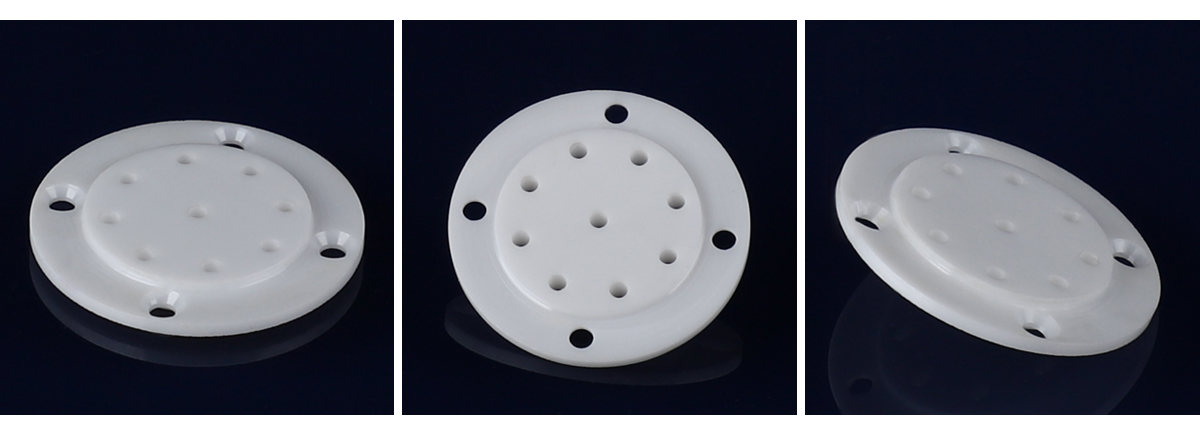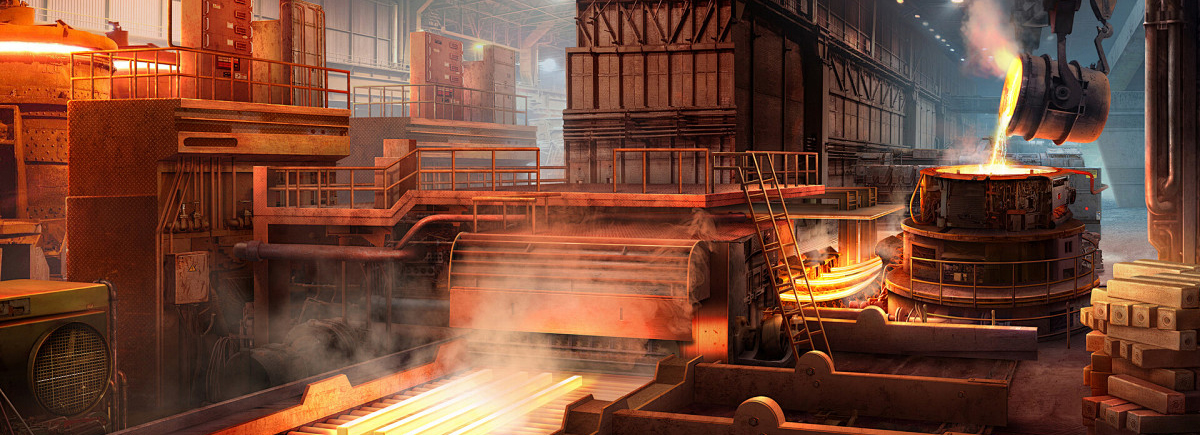The role of zirconia ceramic valves in high-temperature industrial applications
In the field of industrial manufacturing, high-temperature processes are ubiquitous and essential. From metal refining to chemical processing, the materials and components used in these environments must be able to withstand extreme conditions without affecting performance. One of the key components is the valve, which regulates the flow of gas and liquid in various systems. Among the many materials available for valve structures, zirconia ceramics stand out for their excellent performance and are an ideal choice for high-temperature industrial applications.

Understanding zirconia ceramics
Zirconia or zirconia dioxide (ZrO ₂) is a ceramic material known for its high melting point, excellent thermal stability, and corrosion resistance. These characteristics stem from its unique crystal structure, which can transition between monoclinic, tetragonal, and cubic phases depending on temperature and doping agents such as yttrium oxide. This phase change ability gives zirconia high toughness, which is an uncommon characteristic in ceramics, giving it high crack resistance and wear resistance.
Performance of zirconia ceramic valves
1. High temperature resistance: Zirconia ceramics can withstand temperatures above 1000 ° C and are suitable for high-temperature environments. Unlike metals that may weaken or oxidize at this temperature, zirconia maintains its structural integrity and properties.
2. Corrosion and chemical resistance: In many industrial processes, valves are exposed to corrosive chemicals and gases. Zirconia's inertness towards most acids and bases ensures long-term durability and reliability, reducing maintenance costs and downtime.
3. Wear resistance: High mechanical strength and hardness contribute to the excellent wear resistance of zirconia. This is particularly beneficial in applications where valves are affected by abrasive materials, ensuring a longer service life compared to metal valves.
4. Low thermal conductivity: The low thermal conductivity of zirconia minimizes heat loss, protects surrounding components from thermal damage, and improves the efficiency and safety of industrial processes.
5. Biocompatibility: Although zirconia is mainly used for industrial applications, its biocompatibility also makes it suitable for medical devices, highlighting its versatility and safety.

Application in high-temperature industrial field
The unique performance of zirconia ceramic valves makes them indispensable in various high-temperature industrial applications:
1. Metal refining and casting plants: In the production of metals such as steel, aluminum, and copper, controlling the high-temperature flow of molten metals and gases is crucial. Zirconia ceramic valves provide precise flow regulation while resisting extreme high temperatures and corrosive environments in smelting furnaces and casting processes.
2. Chemical processing: Chemical plants typically operate at high temperatures and involve reactive substances. Zirconia valves ensure safe and reliable control of these processes, especially in the production of chemicals such as sulfuric acid, chlorine, and ammonia, where traditional materials may fail.
3. Power generation: In both conventional power plants and nuclear power plants, zirconia ceramic valves are used in steam and gas turbine systems. Their ability to operate reliably under high temperature and pressure improves the efficiency and safety of power generation.
4. Glass manufacturing: The production of glass requires precise control of the flow of molten glass at temperatures exceeding 1000 ° C. Zirconia ceramic valves can withstand these conditions without reacting or degrading with glass, ensuring high-quality production.
5. Petrochemical industry: In crude oil refining and petrochemical product production, zirconia valves can handle high temperature and corrosive conditions in catalytic cracking, reforming, and other processes. Their robustness minimizes the risk of leakage and failure.
Advantages compared to traditional materials
Compared with traditional valve materials such as stainless steel, chromium nickel iron alloy, or Hastelloy alloy, zirconia ceramics have the following obvious advantages:
1. Extend service life: Zirconia valves are usually more durable than metal valves because they have excellent wear and corrosion resistance, reducing replacement frequency and related labor costs.
2. Enhanced safety: The stability of zirconia at high temperatures reduces the risk of valve failure and the possibility of dangerous leaks, enhancing the overall safety of industrial operations.
3. Operational efficiency: The low thermal conductivity and high durability of zirconia help maintain process efficiency by minimizing heat loss and ensuring consistent performance over time.
4. Lower maintenance: The inherent toughness and chemical resistance of zirconia valves mean that frequent maintenance is not required, thereby reducing operating costs and extending normal operating time.
Their extraordinary heat resistance, wear resistance, and corrosion resistance, combined with their stability and durability, make them valuable assets in industries ranging from metal refining to chemical processing. Although there are some challenges in using zirconia ceramic valves, their long-term advantages in performance, safety, and cost-effectiveness make zirconia ceramic valves a wise investment for any high-temperature industrial operation. Jundro Ceramics has rich experience in customized pricing of zirconia ceramics, providing high-quality zirconia ceramic customization services to global customers.
Dongguan Jundro ceramics Technology Co.,Ltd
E-mail:info@jundro.com
Tel:+86-769-82913501
Fax:+86-769-82913801
Add: Room 306, Gate B, Unit 1, Block 2 South, No. 1 Yile Road, Songshan Lake, Dongguan City, Guangdong Province, China(523808)
© August Dongguan Jundro ceramics Technology Co.,Ltd- 2023